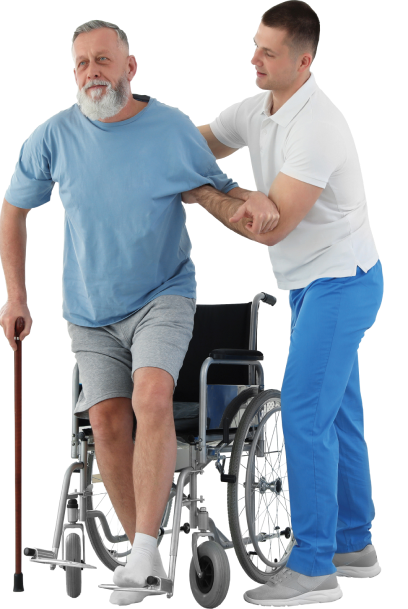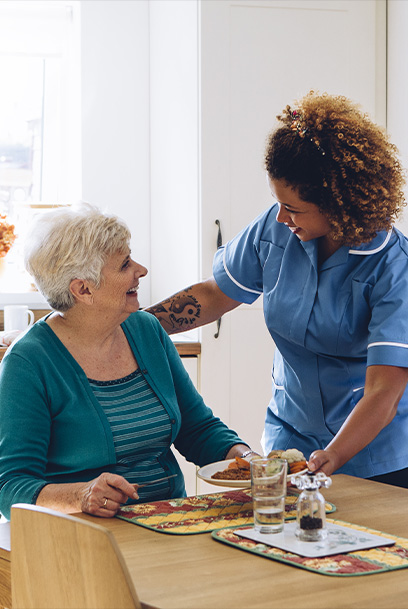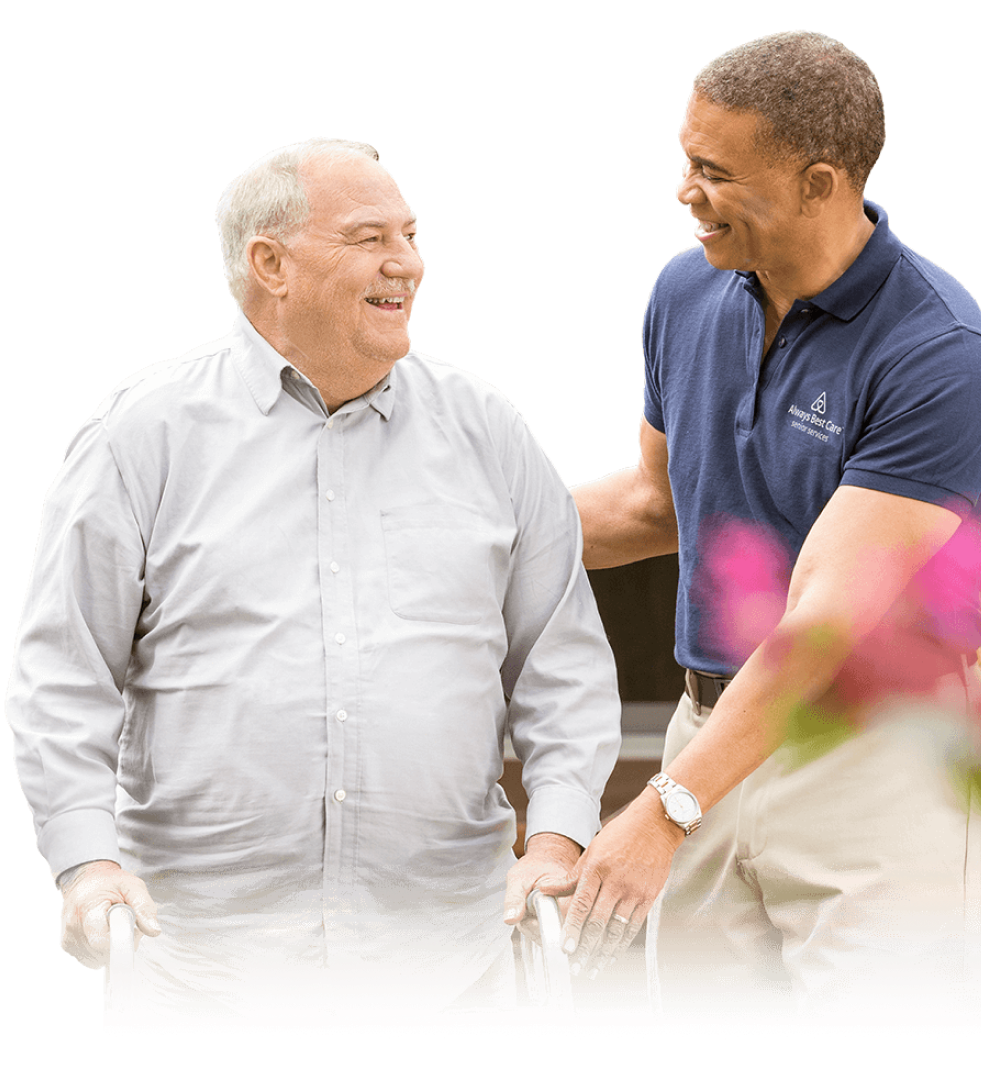EASLEY, S.C. (FOX Carolina) — A former Easley mayor is facing an ethics complaint alleging he misused city vehicles for unauthorized travel.
The complaint against Butch Womack was filed by a city council member and accuses him of two counts of using his position for financial gain.
It states Womack operated an emergency response vehicle for personal use.
It also states that the former mayor used city funds to cover travel expenses related to fire chief events not associated with his role as mayor.
Womack, who spent more than two decades as the city’s fire chief said he wasn’t acting as mayor, but was representing the fire department as a longtime volunteer.
He said he drove a city vehicle to a fire chief conference in Mississippi.
“What this group has done is trying to convince the people of the ethics committee that I, as mayor, attended all these conferences on city taxpayer dollars and that’s not true,” Womack said.
Womack said he also drove to Myrtle Beach for a ceremony honoring an Easley firefighter who passed away.
“We lost a firefighter in the midst of COVID and that firefighter, he received an award. And we went to be present in the award ceremony,” Womack said, “Those are my violations. And if that’s the violation, then I’m guilty of it. I did it.”
According to the city’s employee manual, vehicles may be assigned to employees to perform official duties.
During the hearing, another former fire chief said volunteer firefighters routinely drive these vehicles to training, conferences, and responding to calls outside of the Easley area.
Womack said the complaint is part of a smear campaign that started when he was mayor.
The South Carolina Ethics Commission is reviewing evidence and interviews presented at the hearing.
The commission will announce their decision at a later time.
FOX Carolina has reached out to the City of Easley but we haven’t received a response.
Feel more informed, prepared, and connected with FOX Carolina. For more free content like this, .

 864-229-1211
864-229-1211




 Service Areas
Service Areas























